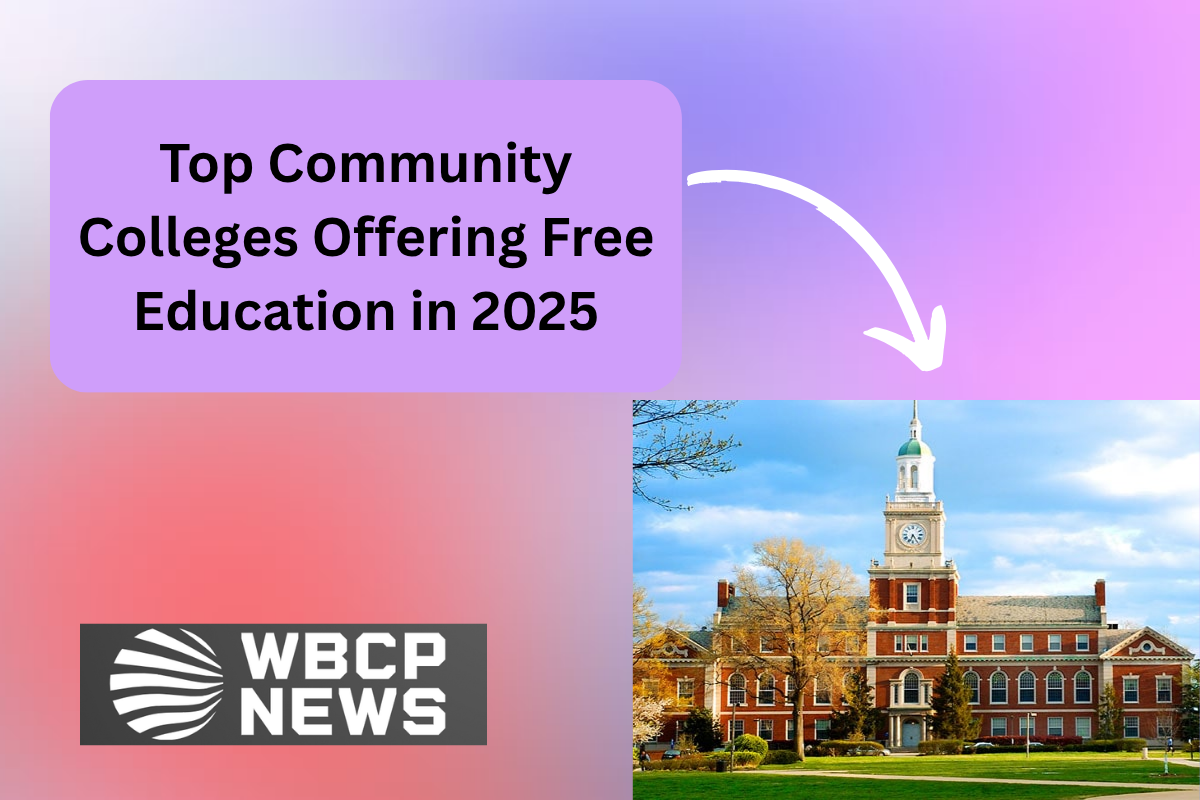As tuition costs skyrocket and student debt reaches record highs, many Americans are questioning whether a four-year college degree is still worth it. Enter the short-term certification program: a fast, focused alternative that’s quickly gaining traction. These programs promise job-ready skills, industry-recognized credentials, and competitive salaries—all without the years-long commitment or six-figure price tag. In 2025, more students than ever are skipping college in favor of this smarter, faster path to success.
What Are Short-Term Programs?
Short-term programs are typically 3 to 12 months long and offer targeted training in high-demand fields like IT, healthcare, and skilled trades. They’re often run by community colleges, bootcamps, or online platforms and emphasize hands-on, real-world experience. Unlike traditional college, these programs are streamlined to teach only the skills needed to land a job—cutting out general education requirements.
Who’s Choosing These Programs?
From recent high school grads to mid-career professionals, the appeal of short-term programs spans all age groups. For many, the flexibility and affordability make them ideal for balancing education with work or family responsibilities. High school counselors are also increasingly recommending these options to students who want quicker access to stable, well-paying careers.
Major Employers Are on Board
One reason these programs are thriving is because employers are driving demand. Companies like Google, Amazon, and IBM have launched their own short-term certification paths—and they’re hiring graduates directly. For industries where skills change fast, many businesses now prioritize practical expertise over a four-year degree. This shift in hiring standards is reshaping how we define “qualified.”
Faster ROI and Lower Debt
Perhaps the biggest benefit of short-term programs is the return on investment. Many graduates see job offers within months of completion, often earning $50,000 to $80,000 per year depending on the field. With program costs averaging between $2,000 and $10,000, students are avoiding the crushing debt typically associated with a bachelor’s degree while entering the workforce much sooner.
While traditional college will always have its place, it’s clear that short-term programs are emerging as a powerful alternative. They offer a fast-track to employment, real-world skills, and financial freedom—without years of lectures or mountains of debt. As more students and employers recognize their value, short-term programs are no longer a backup plan—they’re becoming the first choice. For anyone looking to upgrade their career or skip the long academic journey, this modern path is worth a serious look.
FAQ’s:
1. Are short-term programs accredited?
Some are, particularly those run by community colleges or recognized industry platforms. It’s important to check a program’s accreditation status before enrolling.
2. Can I get financial aid for a short-term program?
Yes, many eligible programs now qualify for federal aid, scholarships, or employer reimbursement, especially in high-demand sectors.
3. Will employers take my certificate seriously?
Absolutely—especially in tech, healthcare, and trades. Many companies even prefer skills-based certifications over traditional degrees.
4. What are the most popular fields for short-term programs?
Information technology, cybersecurity, project management, medical billing, and HVAC are among the top-growing areas.
5. Can I still go to college after completing a short-term program?
Yes. Many programs can serve as a stepping stone. Some even allow credits to transfer to a degree program if you choose that path later.















